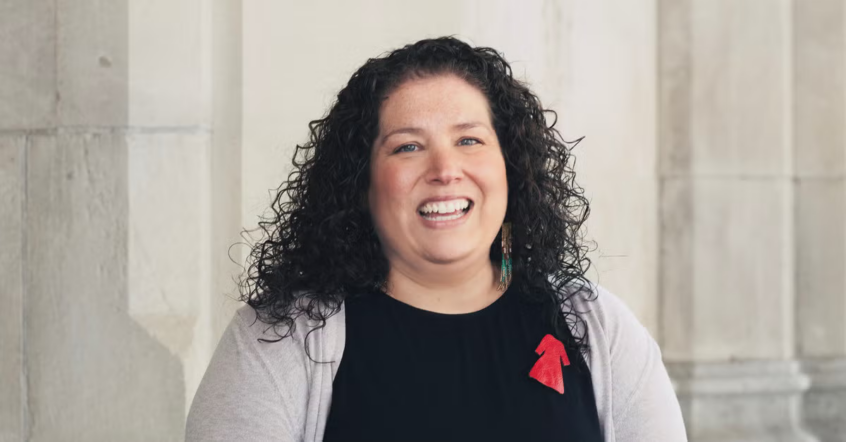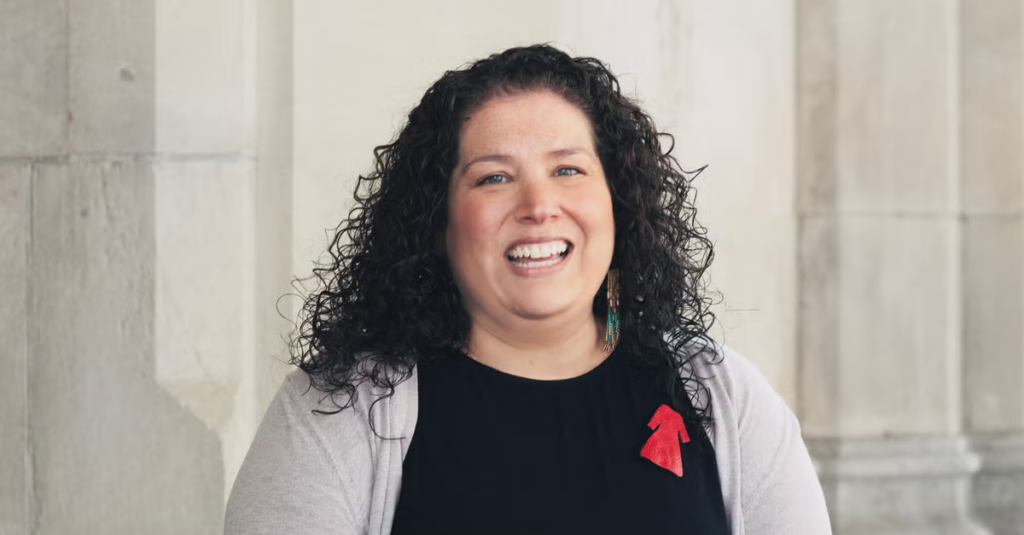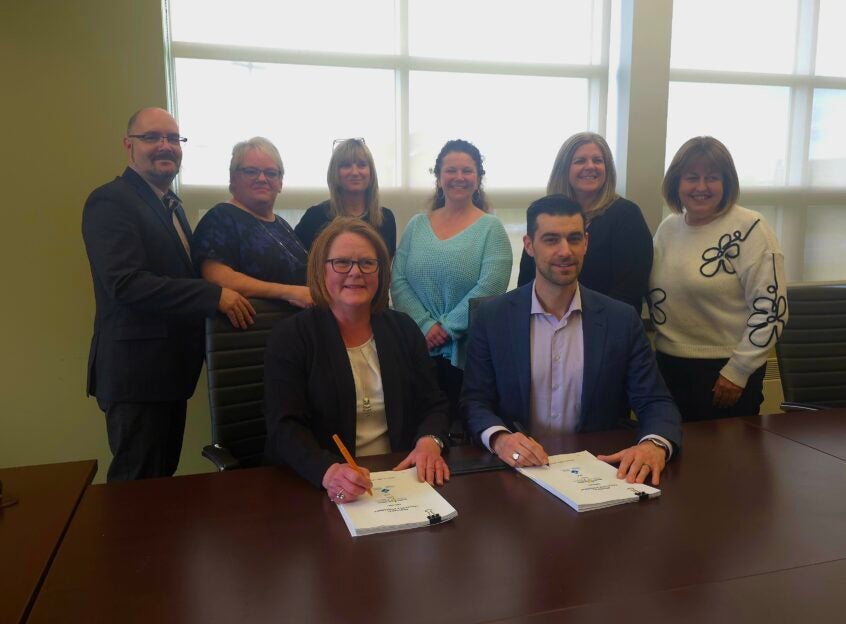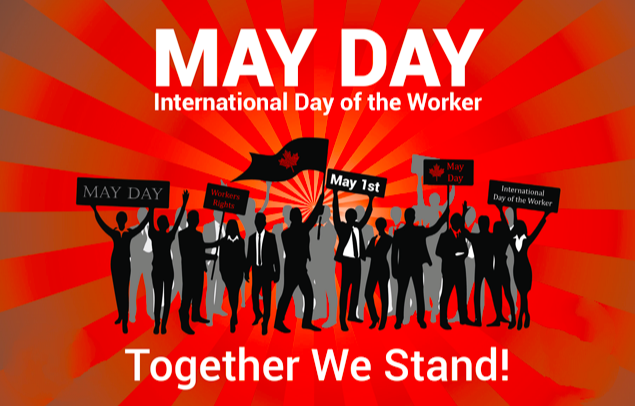When Mary Guptill was invited to check out the new CUPE Atlantic Maritimes Indigenous Council in 2021, she hesitated at first. She had seen other organizations do harm by turning Indigenous people into tokens, or a box to be checked. But she was willing to give it a try.
“I went to the meeting, and I met some really amazing people. And that has started my journey,” she says.
Mary has been a CUPE 1418 member since 2012, providing support and protection for seniors as a long-term care social worker in New Brunswick. When she decided to get involved with CUPE, Mary was clear about her values and goals as a Mi’kmaq woman and proud member of Sipekne’katik First Nation.
“My life is really about finding peace and surrounding myself with people who have the same goals of moving Indigenous people forward, and finding a place in organizations and in society that at the end of the day is safe for us.”
Mary is a CAMIC member, is serving her second term on CUPE’s National Indigenous Council and has recently stepped up as vice-president of her sub-local.
She credits the “unwavering support” of CUPE 1418 for her ability to step into these positions.
“I wouldn’t be in these roles without the support of other members while I’m away from work. If it wasn’t for CUPE 1418 and fellow members supporting Indigenous work, I wouldn’t be here. The allyship is something I’m so grateful for and proud of. Their dedication to Indigenous anti-racism work and inclusion is truly something I’ve never experienced in my life,” she says.
Organizing across borders
CAMIC members are developing a strategic plan for the next five years, working regionally to connect Indigenous members across provincial borders drawn by colonial powers.
As a CAMIC member, Mary sees herself as an advocate for Indigenous peoples in CUPE and the community. Council members raise awareness and build networks in CUPE, organize and attend community events, and support Indigenous struggles.
“I envision CAMIC as being very political,” she says. “It’s really important to understand that when we’re doing this work as an Indigenous person, we’re not just doing it for ourselves or for Indigenous members. We’re doing it for the entire nation,” she says.
One recent example of CAMIC’s activism is its work with CUPE’s New Brunswick and Nova Scotia divisions to challenge provincial government plans to allow fracking without the consent of First Nations.
Bringing Indigenous ways into CUPE
Mary is proud that CAMIC and the National Indigenous Council make decisions by consensus, something that is traditional for Mi’kmaq people.
“Consensus is basically, can you live with what we’re proposing? And if you can’t live with it, let’s talk more. Let’s bring someone in. Let’s try to figure this out,” Mary explains.
It can take longer than the time set aside for other CUPE council and committee meetings, but she says it brings major benefits.
“I walk into those meetings thinking ‘OK, I have to hear other people.’ It makes me listen. It makes me hear other people’s point of view and opens my perspective,” she says.
“It has made us a very strong and united council. When you talk about solidarity, it’s right there.”
Building solidarity by fighting racism
Fighting racism moves everyone in CUPE forward and should be at the heart of everything our union does, says Mary. “We can’t build solidarity when some members are struggling.”
“There’s no way around it – you can’t represent all members without addressing racism,” she adds.
Racist words and attitudes about Indigenous people persist in our society, and in CUPE. “It’s so ingrained,” says Mary.
“We need to provide education for people to help stop them in their tracks about the words they speak and how they affect people.”
Mary says it’s a priority for CUPE leaders at all levels to reflect the members they represent, and for equity-deserving members to have a dedicated voice through equity positions.
“I have a role as vice-president of my local. And I’m supposed to represent everybody at the table. It’s nice that we have equity-deserving members at the table, because we need to be at the table. But we also need to have separate people who are diversity vice-presidents, that don’t have any other role or agenda.”
In the coming years, Mary hopes to expand the representation on the CUPE New Brunswick executive board. “We’re a stronger union when we’re inclusive,” she says. “It helps with engagement when people see themselves in the board.”
Focusing on people’s strengths
Mary encourages Indigenous CUPE members to move at their own pace and trust their feelings about getting involved in their union.
“It’s OK to live in the shadows. It’s OK to not self-identify. It’s OK for all of those things to happen because we need to be OK with ourselves,” she says.
“I was gifted a voice … And it’s OK if you weren’t given that gift because you were given another gift. The Indigenous way is, we really focus on people’s strengths.”
“It’s about readiness. Because especially with Indigenous people, our healing is not linear. Things can in a moment bring stuff back up and be a trigger,” she says.
“I just want people to know it’s OK if you’re not ready to get involved. We’re here and ready for you when you are. And please let us know if there’s anything we can do to help you get ready.”




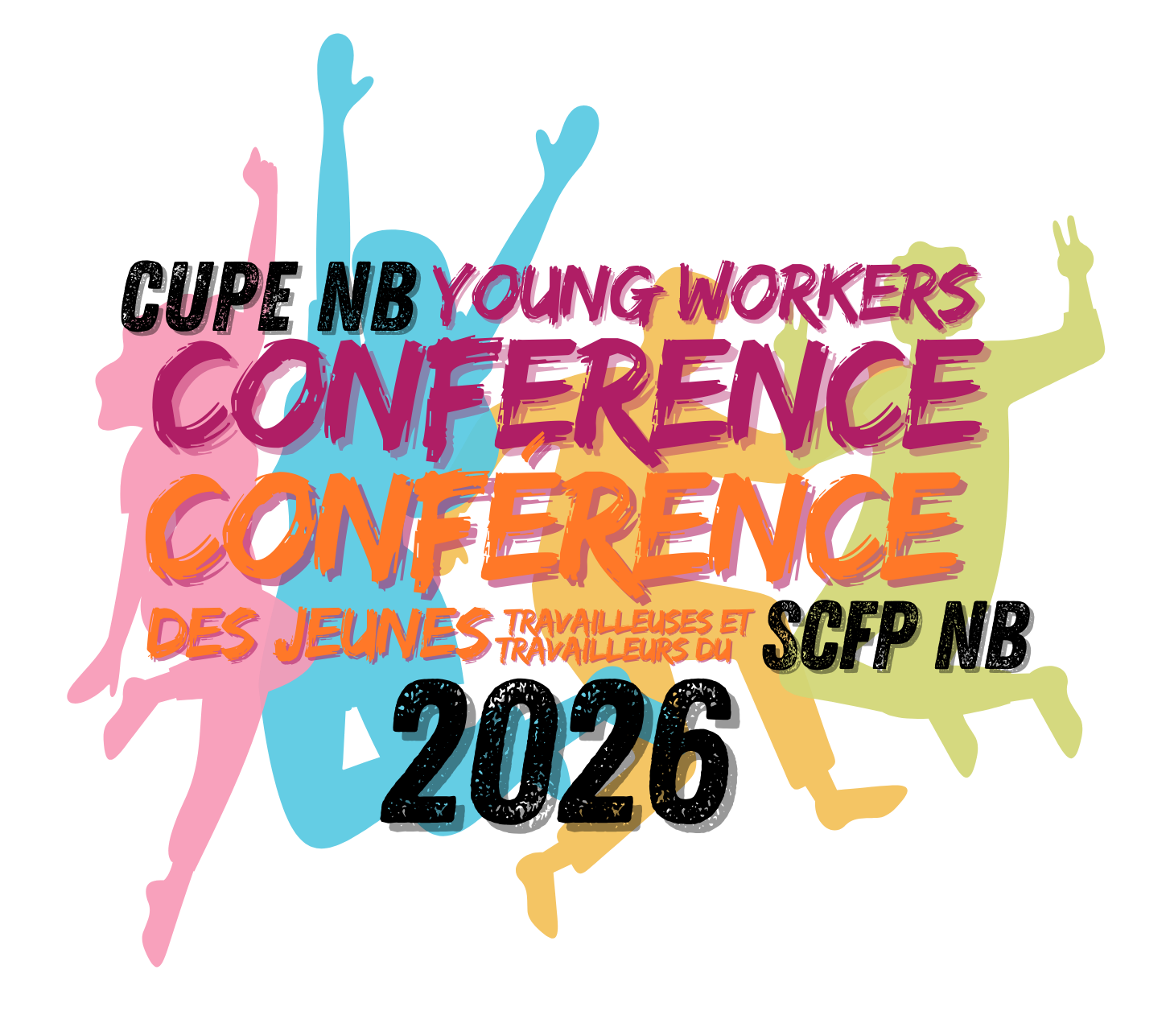






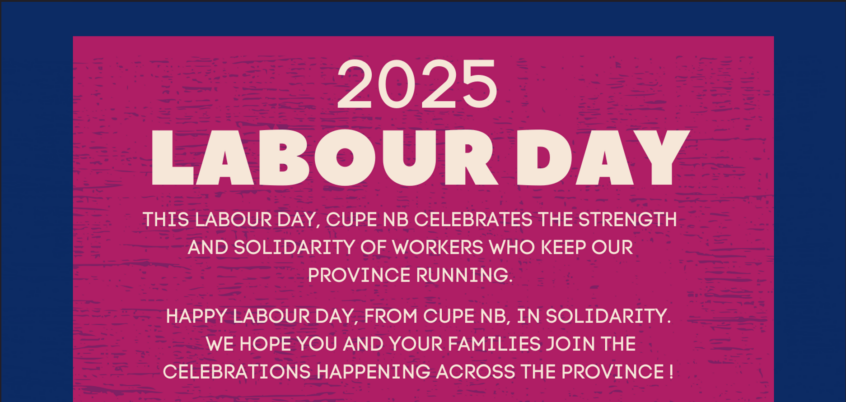
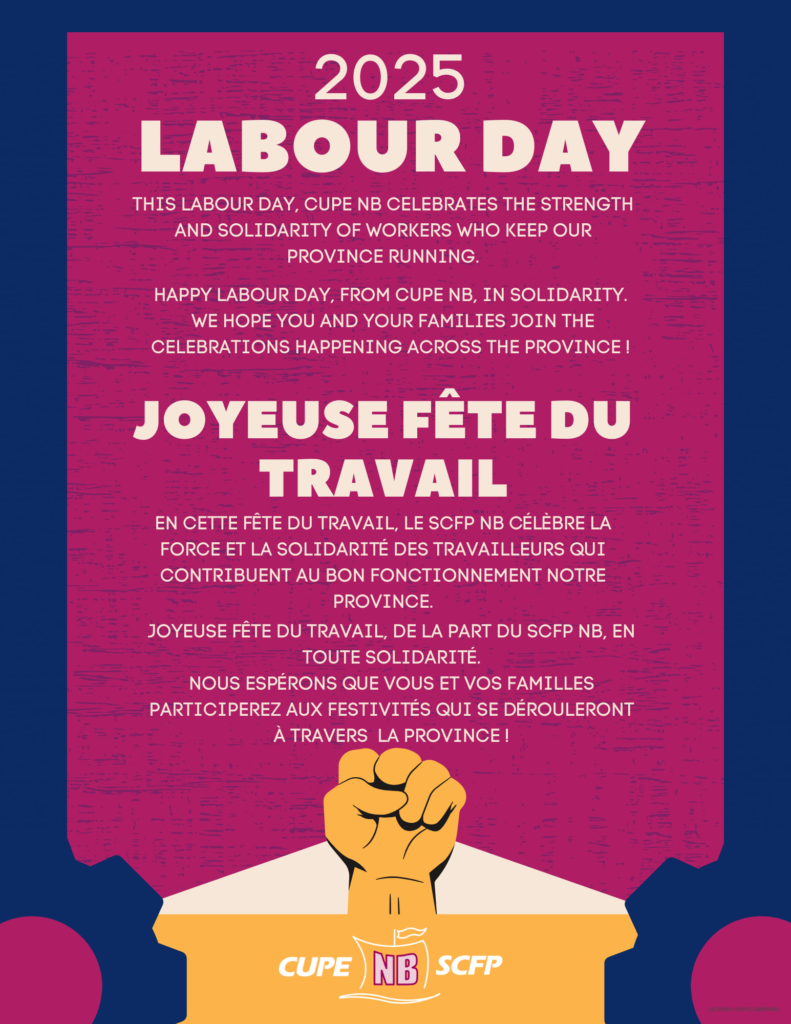

 Fredericton, NB – A New Brunswick court has upheld a labour board decision ordering the province to reverse layoffs of school library workers and restore hours for administrative assistants in three school districts.
Fredericton, NB – A New Brunswick court has upheld a labour board decision ordering the province to reverse layoffs of school library workers and restore hours for administrative assistants in three school districts.